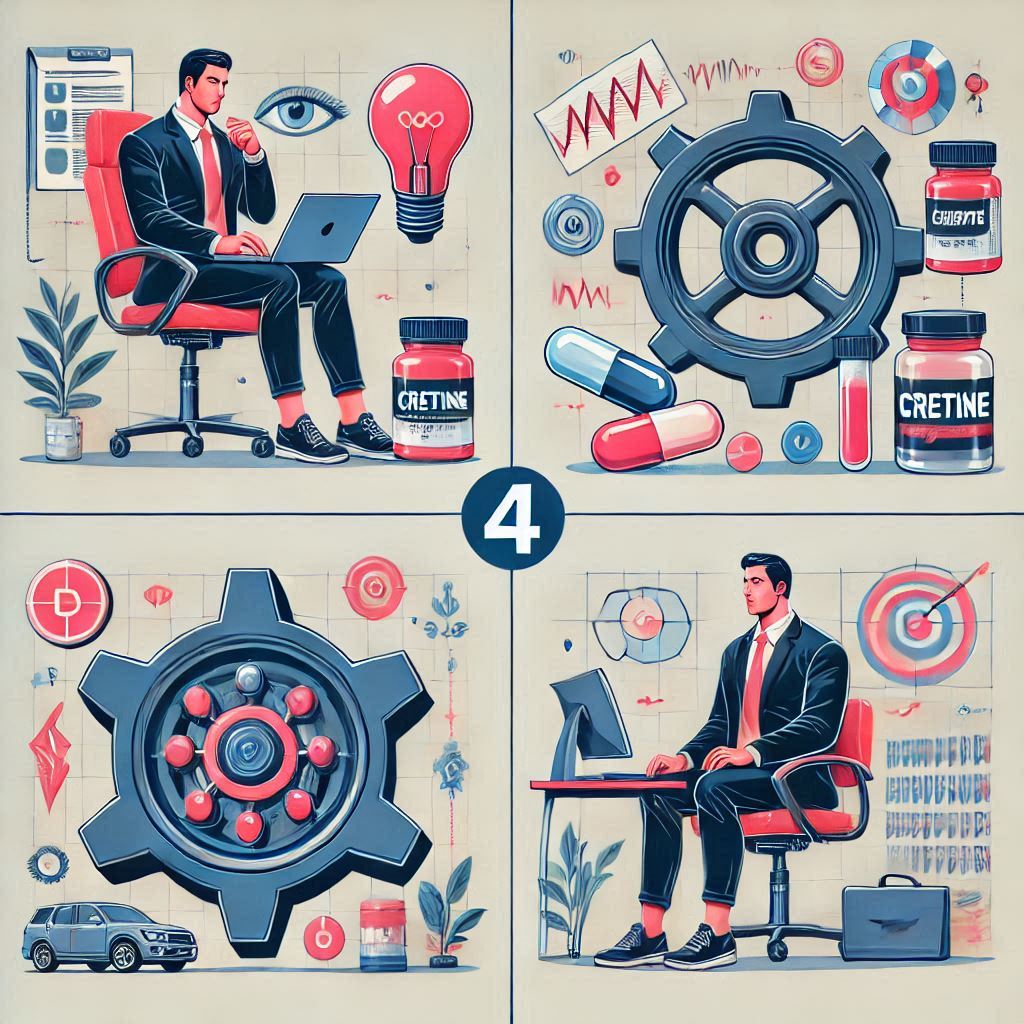
The Growing Need for AI Governance
As artificial intelligence continues to advance at an unprecedented pace, the need for comprehensive governance frameworks becomes increasingly crucial. These frameworks aim to ensure that AI technologies are developed and deployed responsibly, ethically, and in alignment with human values and societal norms.
Key Components of Future AI Governance
Ethical Guidelines and Principles
Future AI governance frameworks will likely emphasize clear ethical guidelines and principles. These will serve as the foundation for decision-making processes in AI development and deployment, addressing issues such as fairness, transparency, accountability, and privacy.
Risk Assessment and Management
A critical aspect of AI governance will involve robust risk assessment and management protocols. This includes identifying potential risks associated with AI systems, from bias and discrimination to security vulnerabilities, and implementing strategies to mitigate these risks effectively.
Regulatory Compliance
As governments worldwide begin to enact AI-specific regulations, future governance frameworks will need to ensure compliance with these evolving legal requirements. This may involve regular audits, reporting mechanisms, and adaptable policies to keep pace with regulatory changes.
International Collaboration and Standardization
The global nature of AI development necessitates international collaboration in governance. Future frameworks will likely involve cross-border cooperation to establish common standards and best practices, ensuring a level playing field and consistent approach to AI governance worldwide.
Transparency and Explainability
Transparency in AI systems will be a cornerstone of future governance frameworks. This includes making AI decision-making processes more explainable and interpretable, allowing for greater accountability and trust in AI technologies.
Human-Centric Approach
Future AI governance will likely adopt a human-centric approach, prioritizing the well-being and rights of individuals and communities. This involves considering the societal impact of AI systems and ensuring that they augment rather than replace human capabilities.
Adaptive and Flexible Frameworks
Given the rapid pace of AI advancement, governance frameworks will need to be adaptive and flexible. This may involve regular reviews and updates to ensure that governance measures remain relevant and effective in the face of new technological developments.
Stakeholder Engagement
Effective AI governance will require input from a diverse range of stakeholders, including technologists, ethicists, policymakers, and representatives from various industries and communities. This multi-stakeholder approach ensures that governance frameworks are comprehensive and consider various perspectives.
Education and Awareness
Future frameworks will likely emphasize the importance of education and awareness around AI technologies. This includes initiatives to improve AI literacy among the general public and specialized training for professionals involved in AI development and deployment.
Enforcement and Accountability Mechanisms
Robust enforcement and accountability mechanisms will be crucial in future AI governance frameworks. This may involve the establishment of oversight bodies, reporting requirements, and consequences for non-compliance with governance standards.
Balancing Innovation and Regulation
One of the key challenges in AI governance will be striking the right balance between fostering innovation and implementing necessary regulations. Future frameworks will need to create an environment that encourages technological advancement while safeguarding against potential risks and negative impacts.











